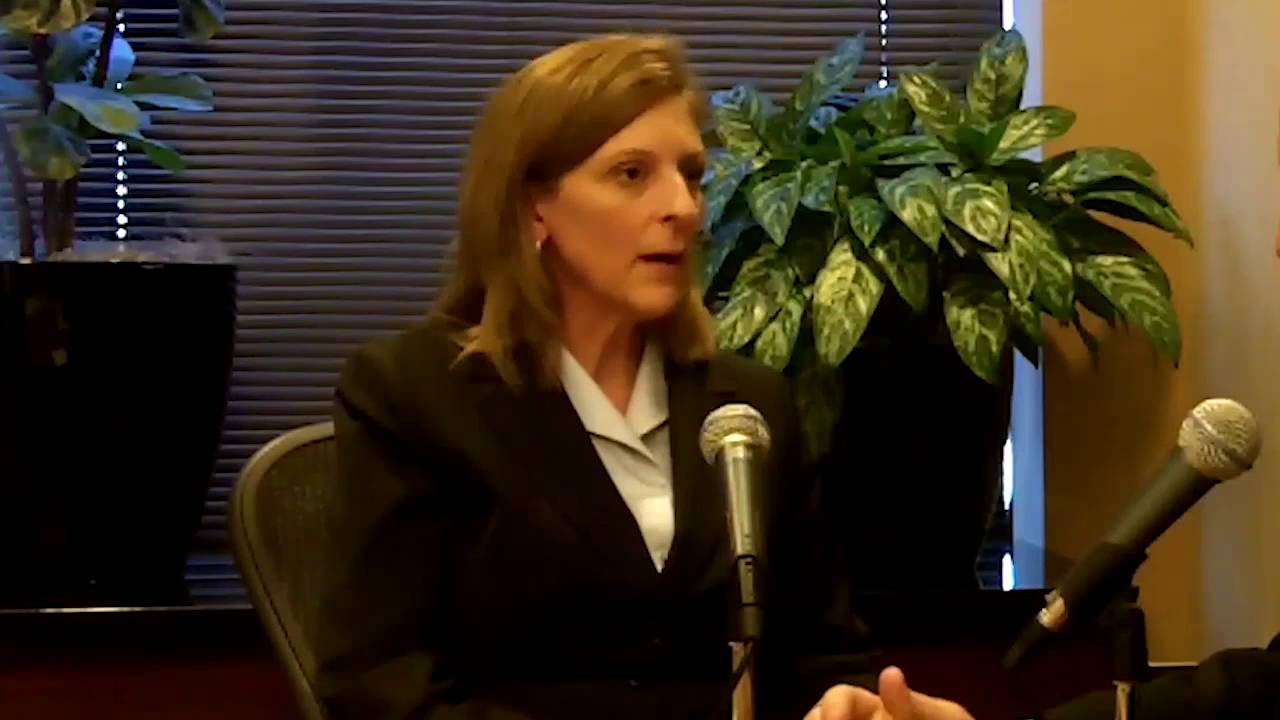Employee Benefit Plan Audits: Correcting Operational Mistakes

Greg: This is PKF Texas, the Entrepreneur’s Playbook. I’m Greg Price, Director of Consulting Solutions and I’m here again with Sonia Freeman, a director and our audit practice leader at PKF Texas. Sonia, welcome back to the Playbook.
Sonia: Thank you, Greg.
Greg: Sonia, the last time you were here we had you talking about some of the exposures and corrections of mistakes and so forth and so on as it pertains to 401(K) plan. As it pertains to operational mistakes, can we talk about how one might correct and go about preventing these in the future?
Sonia: Correction is the key when you have operational mistakes to getting your plan back on track and back in compliance with all of the rules and regulations that we previously spoke about.
Greg: Some people probably don’t know where to start, Sonia. So can you give some advice on that?
Sonia: Well, if a company finds themselves with an operational mistake, our advice is that they seek ERISA counsel for consultation. Both the DOL and the IRS offer voluntary correction programs and if you entered one of these programs, the penalties and interest and fines that are associated with that are substantially reduced.
Greg: So can you give us a little bit about what that might entail if you go down that particular process?
Sonia: What it means is a company needs to make the plan whole, make the employees in the plan whole. So that means if you had a mistake where the money didn’t get into the plan timely or maybe it never made it into the plan. The company needs to put that money into the plan, but also for the time period that it should have been there and is not, they have to pay an interest factor and it’s not an onerous. It’s a market type rate. So they just basically make the plan whole. That’s what the DOL wants. That’s what the IRS wants.
Greg: So what can we do to help avoid these types of mistakes?
Sonia: Well, ya’ know, Greg, mistakes will happen, but the way to avoid most of them and to try to prevent as many as possible is to really know your plan document and to make sure that your HR and your payroll folks, that they are familiar with the plan provisions as well.
Greg: So Sonia, our listeners, there’s probably some administrators of these plans and people that have oversight responsibilities. What’s the best advice you can give them regarding this area?
Sonia: The best advice is know your plan. Know the plan document. Know the provisions of your plan and then put in a review process. A lot of times it’s a single person doing the tasks and just having a layer of review, having somebody do the calculation and somebody review it or if it’s on timeliness, just having two sets of eyes looking at that. So I think with that control in place and knowing your plan document, you will go a long way to not having operational mistakes.
Greg: Sonia, thanks for sharing that insightful and very informative background on employee benefit plans. I’m sure our listeners will be scurrying about looking for that.
Sonia: Thank you for having me, Greg.
Greg: Alright. We’ll have you back some time in the future. This has been another Thought Leader Production brought to you by PKF Texas, the Entrepreneur’s Playbook. Tune in next week for another chapter and if you’d like to get more information about employee benefit plans, go to PKFTexas.com/benefitplanaudits.

